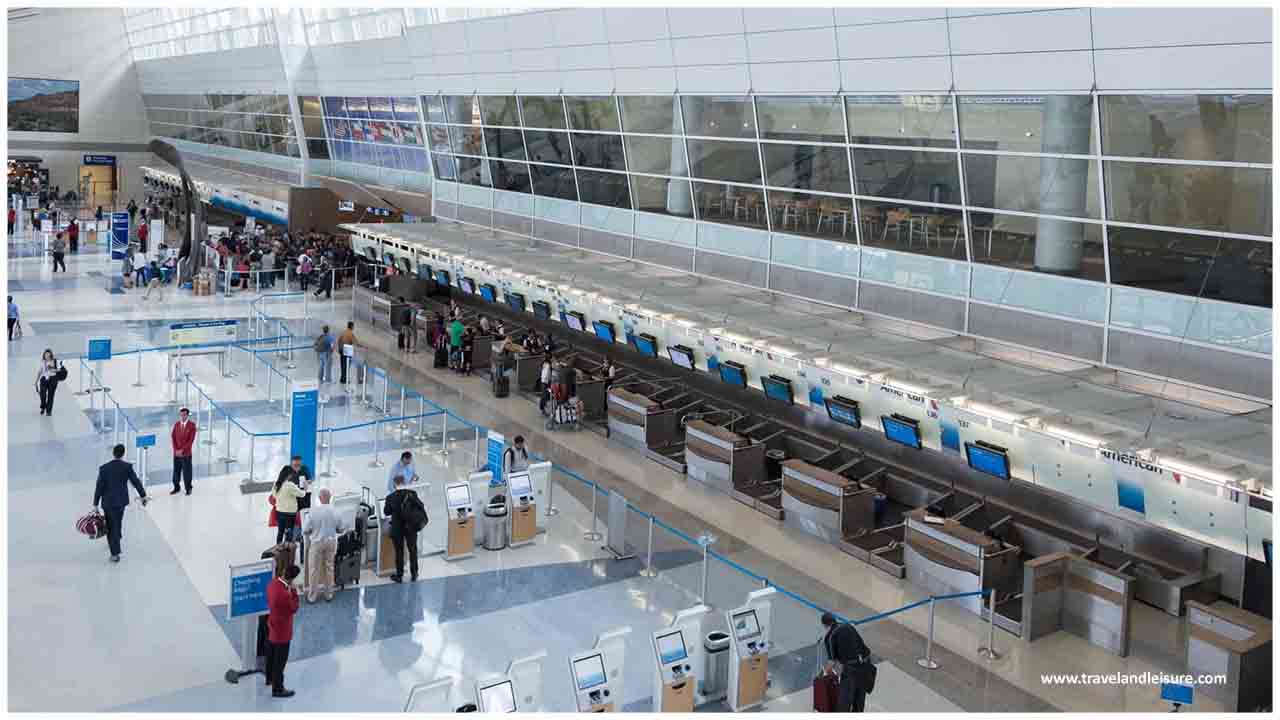With COVID-19 desolating the flight business, aircraft and air terminals overall are getting control over expenses and ending new spending, aside from in one region: consoling pandemic-vigilant travelers about movement.
"Whatever the new ordinary (...) it will be increasingly more around self-administration," Sean Donohue, CEO of Dallas-Forth Worth International Airport (DFW), told Reuters in a meeting.
The air terminal is working with American Airlines - whose command post is DFW - to reveal a self-registration for baggage, and the entirety of its bathrooms will be completely touchless before the finish of July with innovation created by Infax Inc. They will have sans hands sinks, cleanser, flushing latrines, and paper towel containers, which will be outfitted with sensors to caution laborers when supplies are low.
"Probably the greatest grievance air terminals get are bathrooms," Donohue said.
Dallas is directing three innovation choices for baggage registration: Amadeus' ICM, SITA, and Materna IPS.
DFW has become the world's busiest air terminal, as indicated by figures from movement examination firm Cirium, thanks to a limited extent to a system by huge worldwide transporter Americans to focus quite a bit of its pandemic flying through its Texas center point.
A year ago DFW turned out biometric loading up - where your face is your ticket - for universal flights and is exploiting the respite in global rush hour gridlock to work with U.S. Customs and Border Protection to utilize the VeriScan innovation for showing up travelers as well, he said.
Delta Air Lines opened the first U.S. biometric terminal in Atlanta in 2018, and a few air terminals in Europe and Asia additionally utilize facial acknowledgment innovation. It has prodded a few concerns, be that as it may, with a U.S. government study finding racial predisposition in the innovation and the European Union not long ago considered prohibiting it out in the open spots over protection concerns.
The Dallas air terminal is additionally trying new innovation around better cleansing, starting with bright innovation that can eliminate germs before they course into the HVAC framework.
Be that as it may, it has additionally conveyed electrostatic foggers and employed a "hit group" of 150 individuals who are experiencing the terminals genuinely purifying high-contact territories.
"Innovation is basic since it tends to be exceptionally productive," Donohue stated, yet clients "having the option to picture what's going on is consoling too."
DFW has contributed a great many dollars over its cleaning and sanitation financial plan since the pandemic broke out while suspending about $100 million of capital projects and lessening its second-half working expenses by about 20% as it addresses COVID-19's precarious hit to the business, which just months prior was planning for development.
Almost 114,000 clients experienced DFW on July 11, an improvement from a 10,000 every day trough in April, yet at the same time pretty much 50% of a year ago's volumes.
The air terminal has likewise been trying touchless innovation for representative temperature checks, however isn't right now arranging fervently discussed checks for travelers, notwithstanding a bureaucratic order for which there still can't seem to be any tendency by the US government.
Michael Davies, who runs the New Technology Ventures program at London Business School, said innovation will be one of the numerous progressions to the air terminal experience going ahead, with less by and large explorers who will look for more space and investing less energy feasting and shopping.
"You set up these things and this feels in some intriguing manners especially like back to the brilliant time of air travel," said Davies.

 The airport is working with American Airlines to roll out a self-check-in for luggage, and all of its restrooms will be entirely touchless by the end of July
The airport is working with American Airlines to roll out a self-check-in for luggage, and all of its restrooms will be entirely touchless by the end of July









.jpeg)








.jpg)




.jpg)




